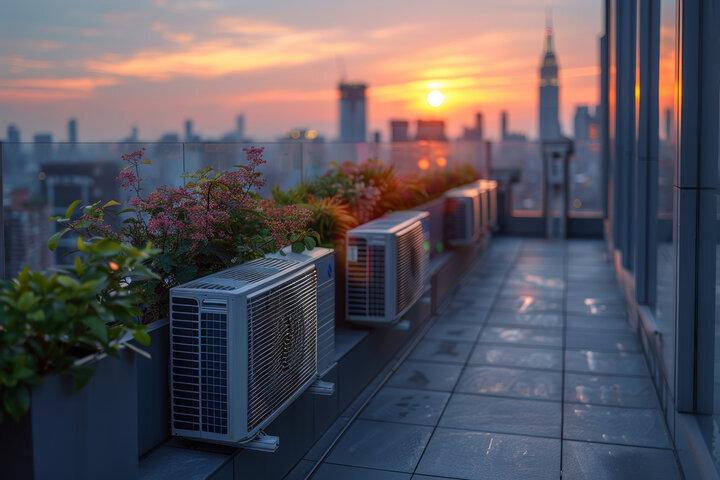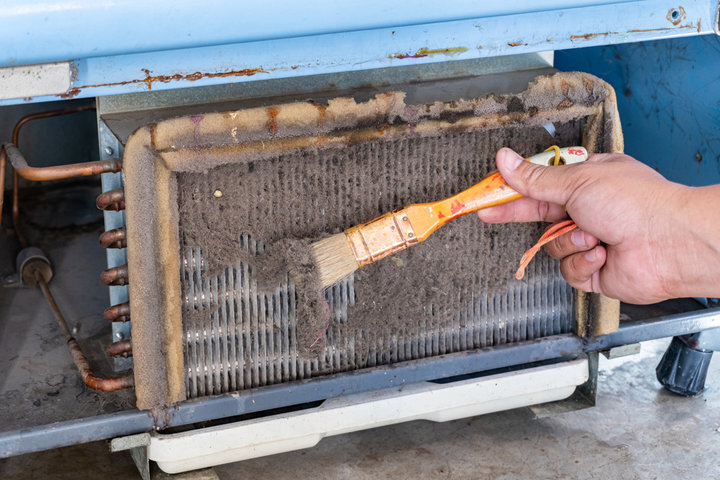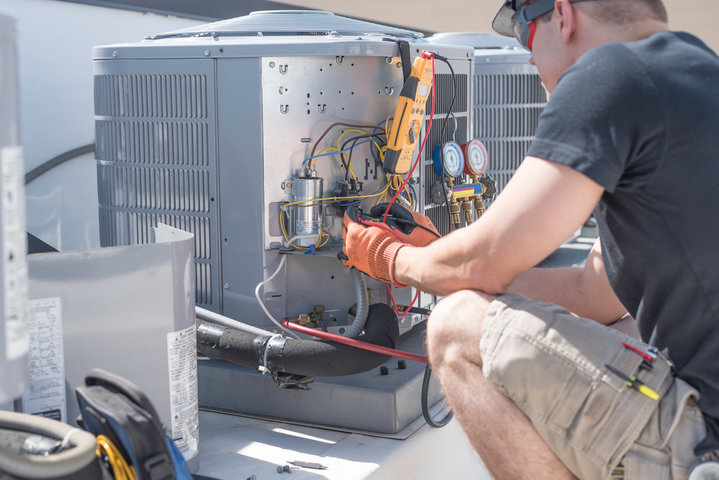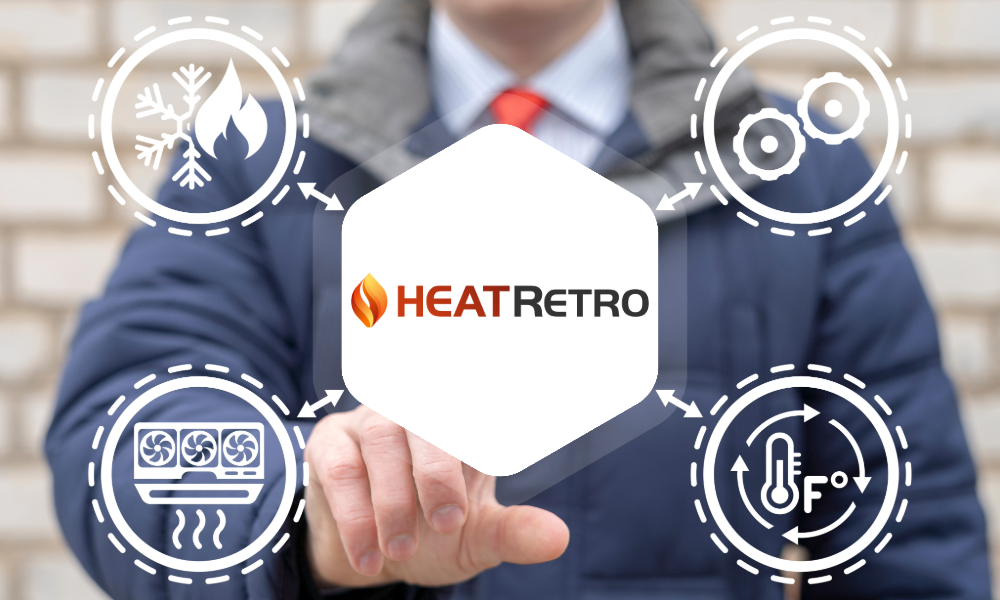Heat Pump vs. Traditional HVAC: Which One is Right for You?
Posted by John Alba - NES Retrofit Distributors on Apr 21st 2025
When it comes to heating and cooling your home, choosing the right system can make all the difference in comfort, efficiency, and cost. Two of the most popular options are heat pumps and traditional HVAC systems. But which one is the best fit for your needs? Let’s explore the key differences to help you decide.

1. How They Work
- Heat Pumps: These systems transfer heat rather than generate it. In the winter, they extract heat from the outside air or ground and bring it indoors. In the summer, they work like an air conditioner by moving heat out of your home.
- Traditional HVAC Systems: Typically, these include a furnace for heating and an air conditioner for cooling. Furnaces generate heat by burning fuel, while air conditioners remove heat using refrigerants.
2. Energy Efficiency
- Heat Pumps: Known for their high energy efficiency, heat pumps can deliver up to three times more energy than they consume. This makes them an eco-friendly choice, especially in moderate climates.
- Traditional HVAC Systems: While modern systems have improved in efficiency, they generally consume more energy because furnaces rely on fuel combustion.

3. Cost Considerations
- Installation Costs: Heat pumps often have higher upfront installation costs, but they can save money over time through lower energy bills.
- Operating Costs: Heat pumps are usually less expensive to operate, especially if you’re replacing both a furnace and an air conditioner.
- Maintenance Costs: Both systems require regular maintenance, but heat pumps may need more frequent attention due to their year-round use.

4. Climate Suitability
- Heat Pumps: Ideal for moderate climates, they may struggle to maintain efficiency in extremely cold temperatures unless paired with a backup heating system.
- Traditional HVAC Systems: These systems perform well in all climates, with furnaces providing reliable heat even in freezing conditions.
5. Environmental Impact
- Heat Pumps: As they rely on electricity rather than fossil fuels, heat pumps produce fewer greenhouse gas emissions, especially when paired with renewable energy sources.
- Traditional HVAC Systems: Furnaces burning natural gas, oil, or propane contribute to carbon emissions, making them less environmentally friendly

6. Lifespan and Durability
- Heat Pumps: Typically last 10-15 years with proper maintenance.
- Traditional HVAC Systems: Furnaces can last up to 20 years, and air conditioners usually last 10-15 years.

Making the Right Choice
The decision between a heat pump and a traditional HVAC system depends on your specific needs, budget, and climate. If you live in a moderate climate and prioritize energy efficiency and sustainability, a heat pump could be the ideal choice. However, if you experience extreme winters or prefer the reliability of a furnace, a traditional HVAC system might be more suitable.

Discover the HeatRetro Advantage
At HeatRetro, we specialize in providing innovative heat pump solutions that revolutionize heating and cooling. With our expanded HeatRetro Division, we’re ready to help homeowners like you make the transition to energy-efficient and sustainable systems. Contact us today to learn how we can guide you through selecting and installing the perfect heat pump for your home.

